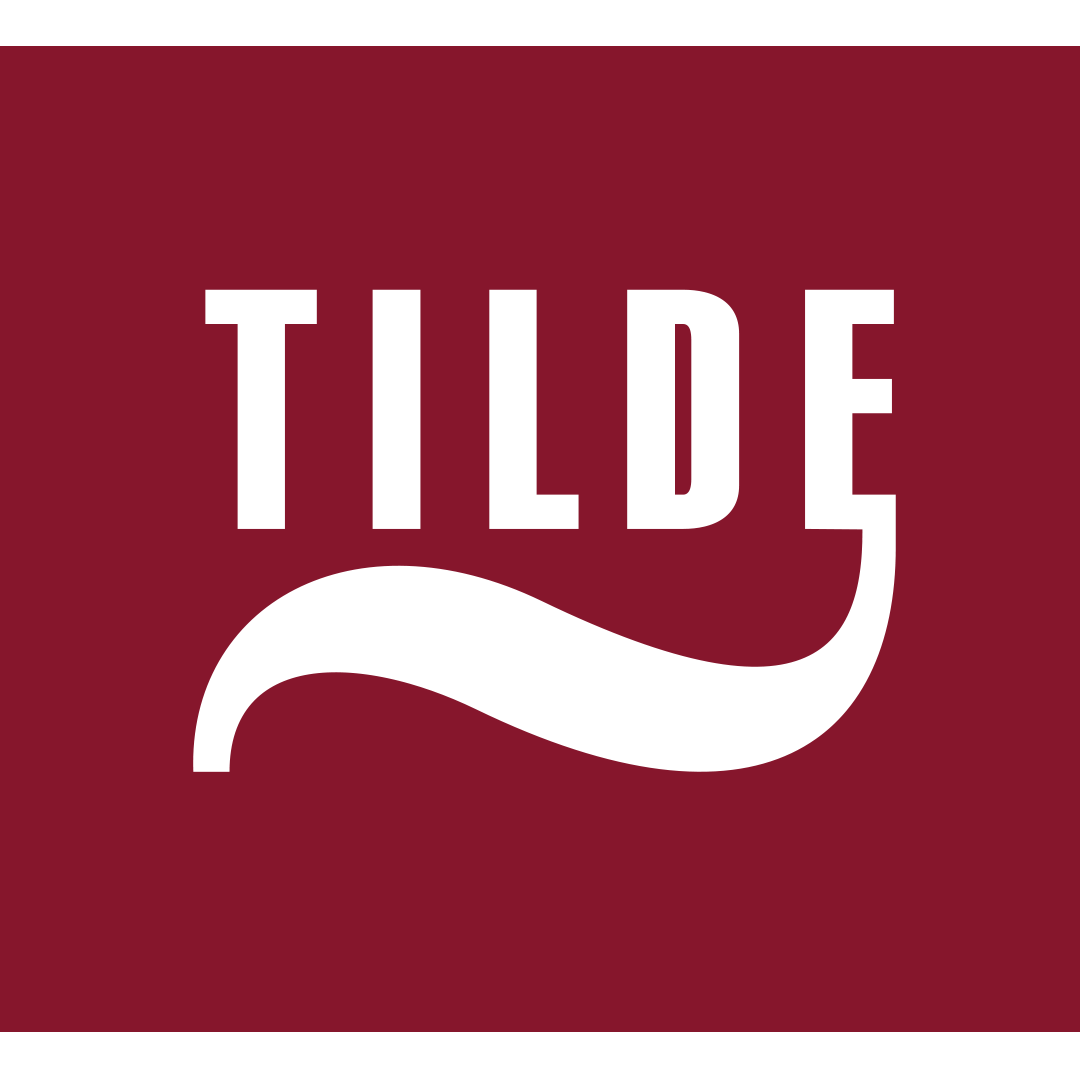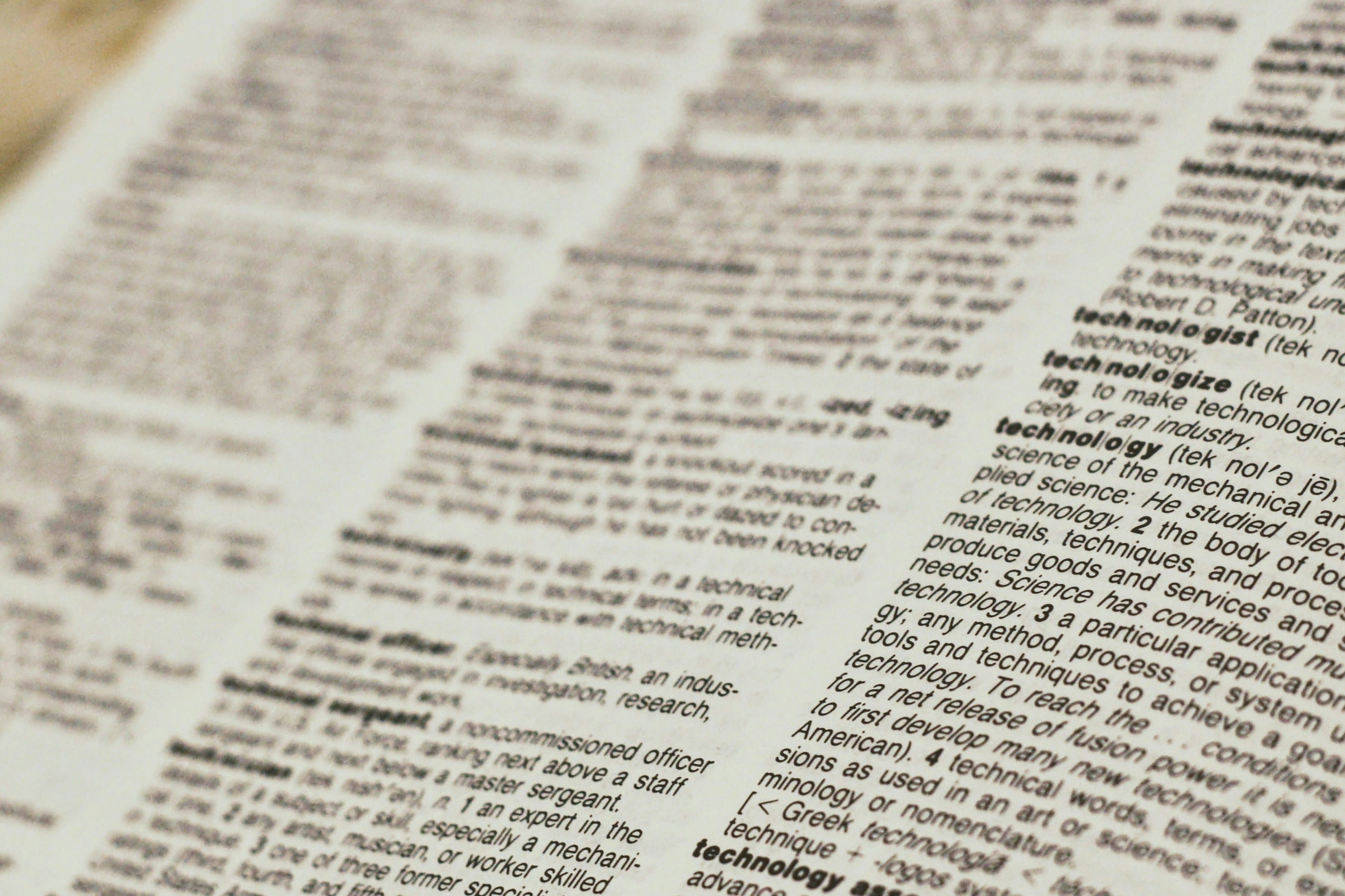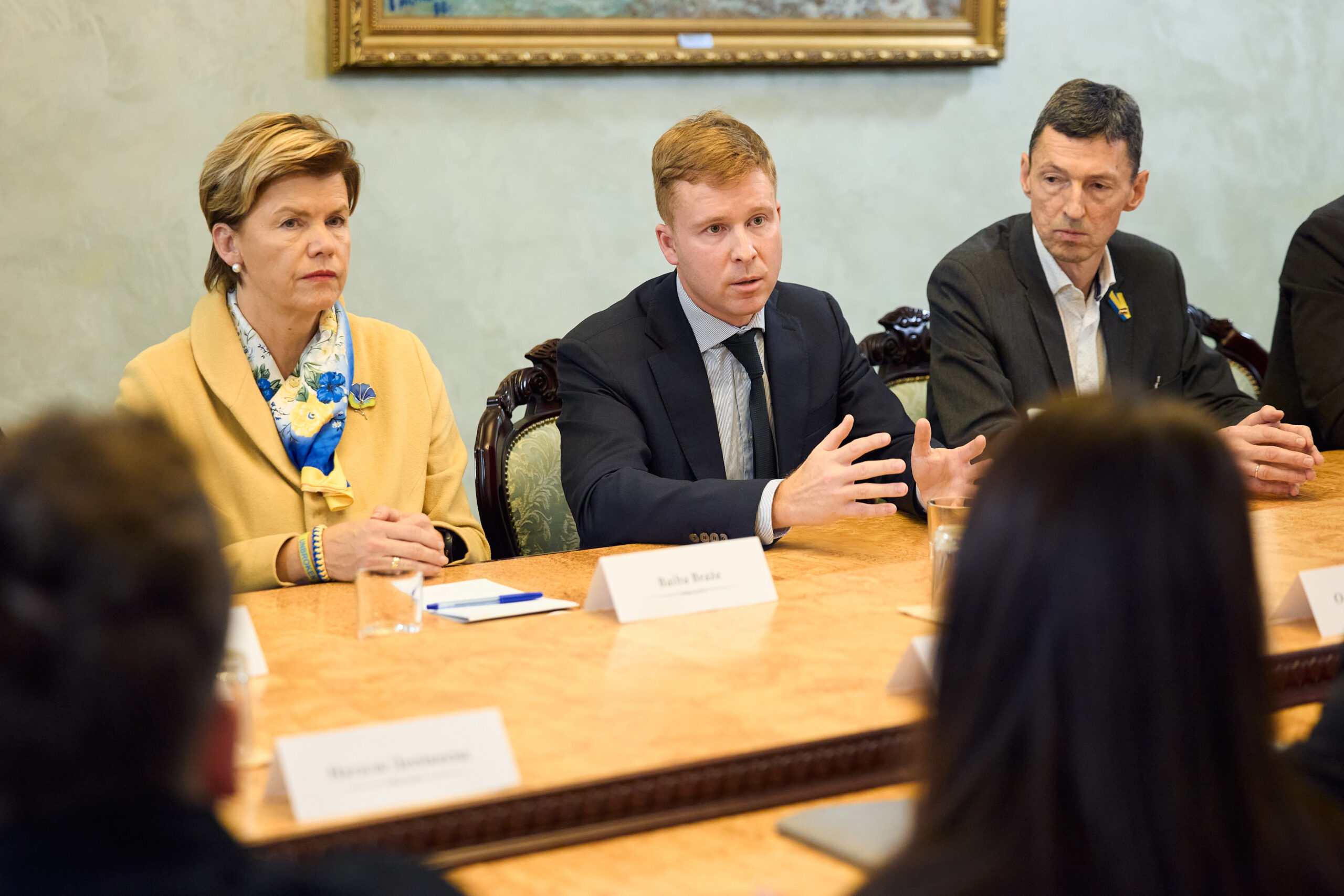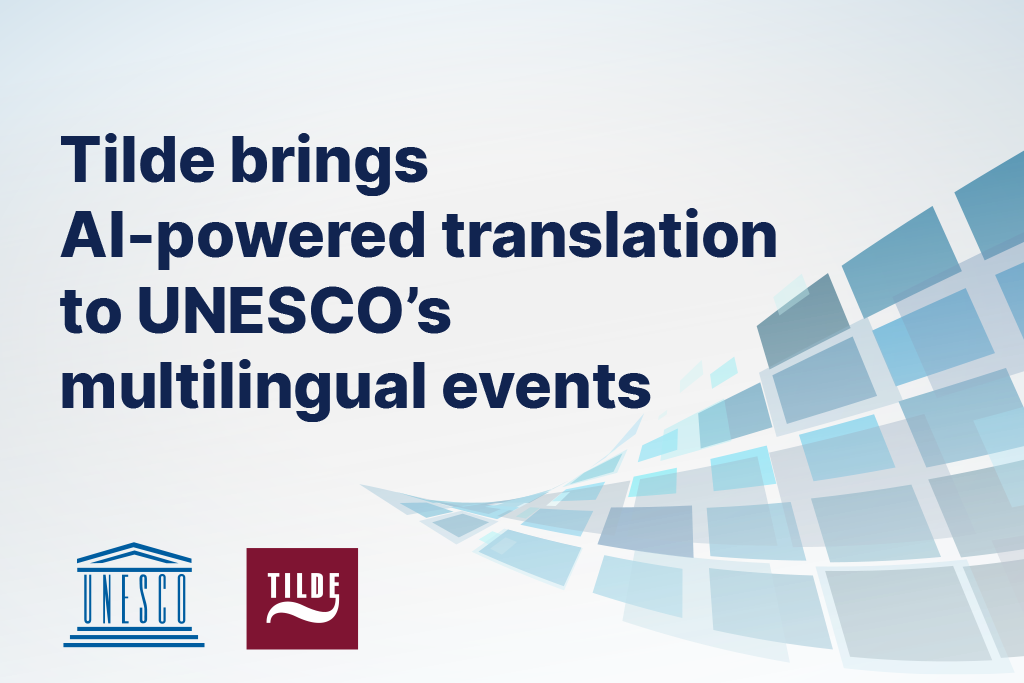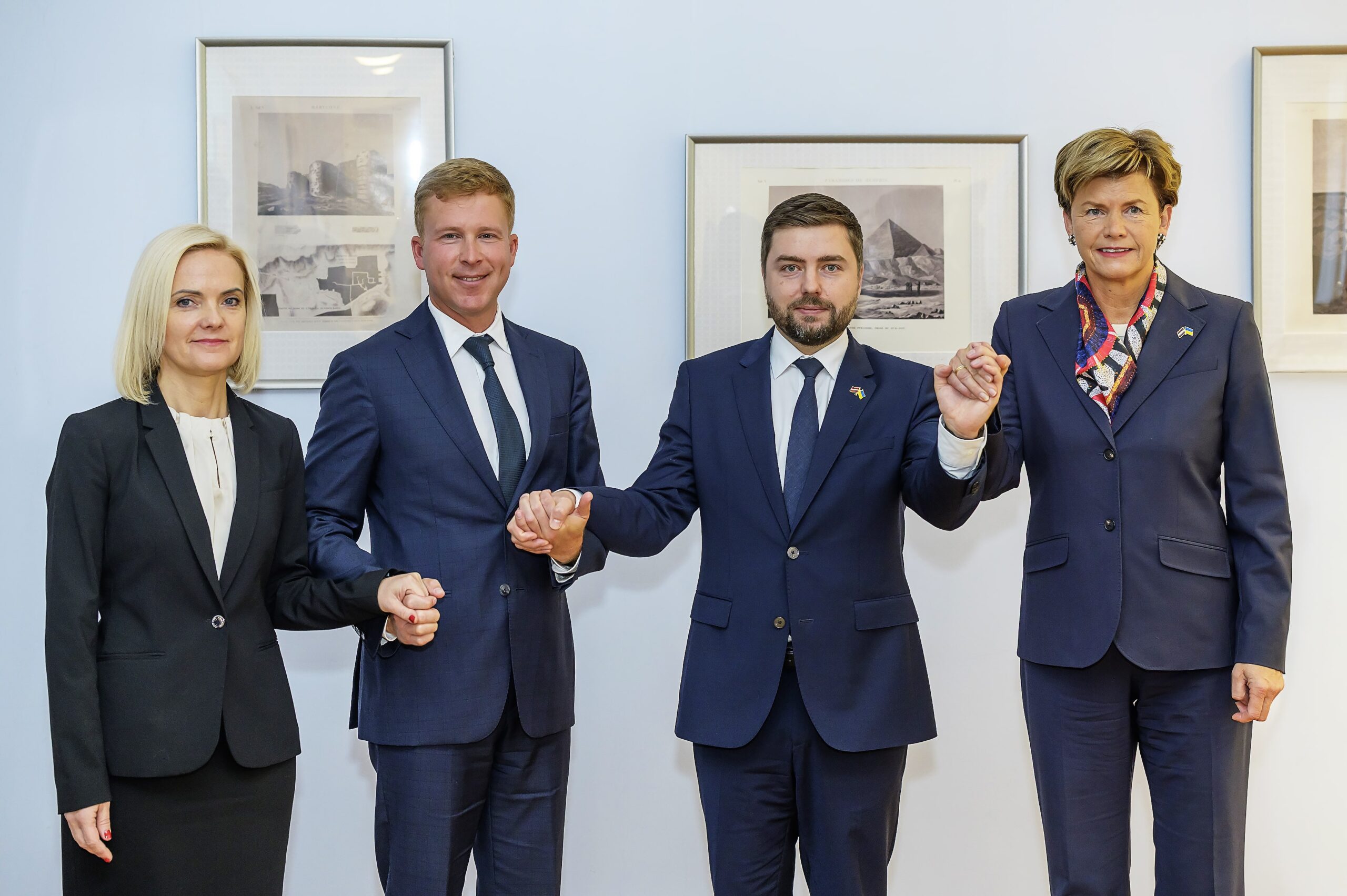Co-funded by the Connecting Europe Facility, NLTP offers public administration with machine translation focused on minority languages and adapted to local public administration. The first national NLTPs were developed in partnership with industry, academic institutions and public service organisations from Croatia, Estonia, Iceland, Latvia, and Malta.
Enabling multilingual access to public services
NLTP is a modular, secure and open source language platform offering tailored language services to public administrations. It means to facilitate communication between public administrations across Europe through translation and multilingual content creation services. Through its focus on website translation, European citizens and businesses can have access to public services information in their preferred language.
In practice, it provides public administration with ready-to-use eTranslation service or custom machine translation engines and multilingual content services, ranging from document and website translation to speech recognition tools and public service AI chatbots. Using data provided by national administrations, NLTP custom machine translation engines can be trained on datasets that are both domain specific and representative of otherwise minority languages in the digital world. This ensures the quality and relevance of the translation and multilingual services provided. NLTP also connects to the European Union’s eTranslation services, enabling translation in all 24 official EU languages.
Safeguarding Europe’s language diversity
Through local partnerships and using data provided by national administrations, NLTP has launched national platforms in five partner countries, respectively: hrvojka.gov.hr, hugo.lv, traduzzjoni.mt, nltp.ee and muninn.is Each national platform offers public administrations and citizens access to free machine translation and multilingual services that are adapted to their respective language and to the terminology of local public administration.
For Artūrs Vasiļevskis, Tilde’s CEO, NLTP can preserve European language in the digital age and is a direct response to the demands for multilingual access to public service information across Europe, when most websites in Europe are mono- or duo-lingual. Vasiļevskis explained that the idea for NLTP followed from the development of a machine translation solution for the Latvian EU Council Presidency in 2015. With funding from the Connecting Europe Facility, this first solution became the EU Council Presidency Translator Toolkit.
Open source and the digitalisation of European languages
Tilde made both the NLTP and the Council Presidency Translation Toolkit available under an open source licence. As open and adaptable solutions, these are examples of breaking down language barriers while ensuring that Europe’s digital transformation preserves its linguistic diversity.
Vasiļevskis explains the demand for open source public administration translation solutions by three underlying reasons: Cost-efficiency, security, and connectivity. Open source notably allows European administrations to reduce costs, by avoiding licensing fees, whilst increasing transparency over the solution and its maintenance, making security audits easier.
Tilde also published the data used to develop NLTP, via the European Language Resource Coordination SHARE Repository, to ensure free language resources in support of the research and development community. For Vasiļevskis, publicly available language data open perspectives and promote the use of different languages.
Continuing to work towards developing open access tools to promote European language, Tilde has recently been announced as a winner of the European Commission Large AI Grand Challenge, to develop a foundational and multilingual LLM representing equally all European languages.
This article was originally published by Maygane Janin on joinup.ec.europa.eu.
